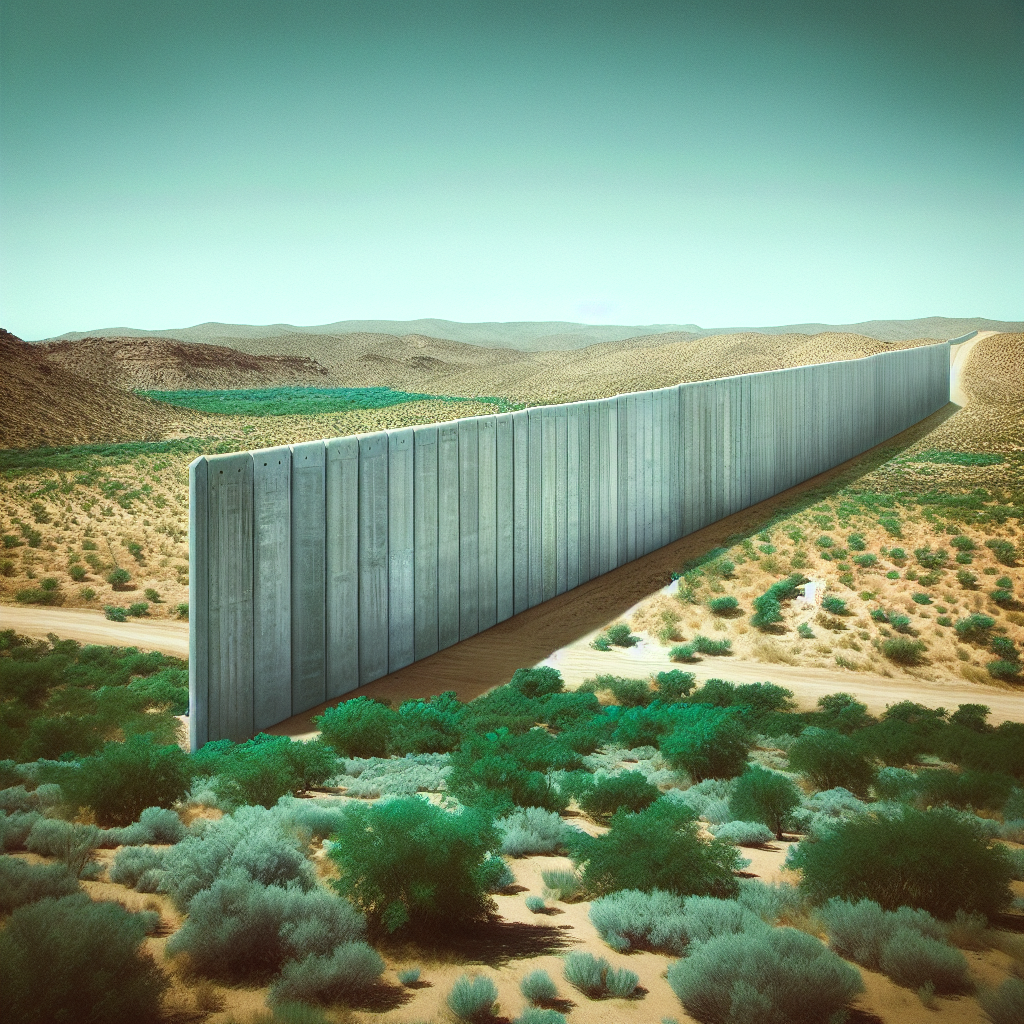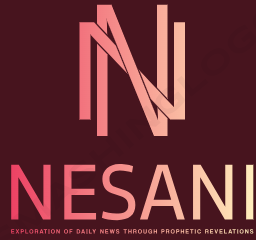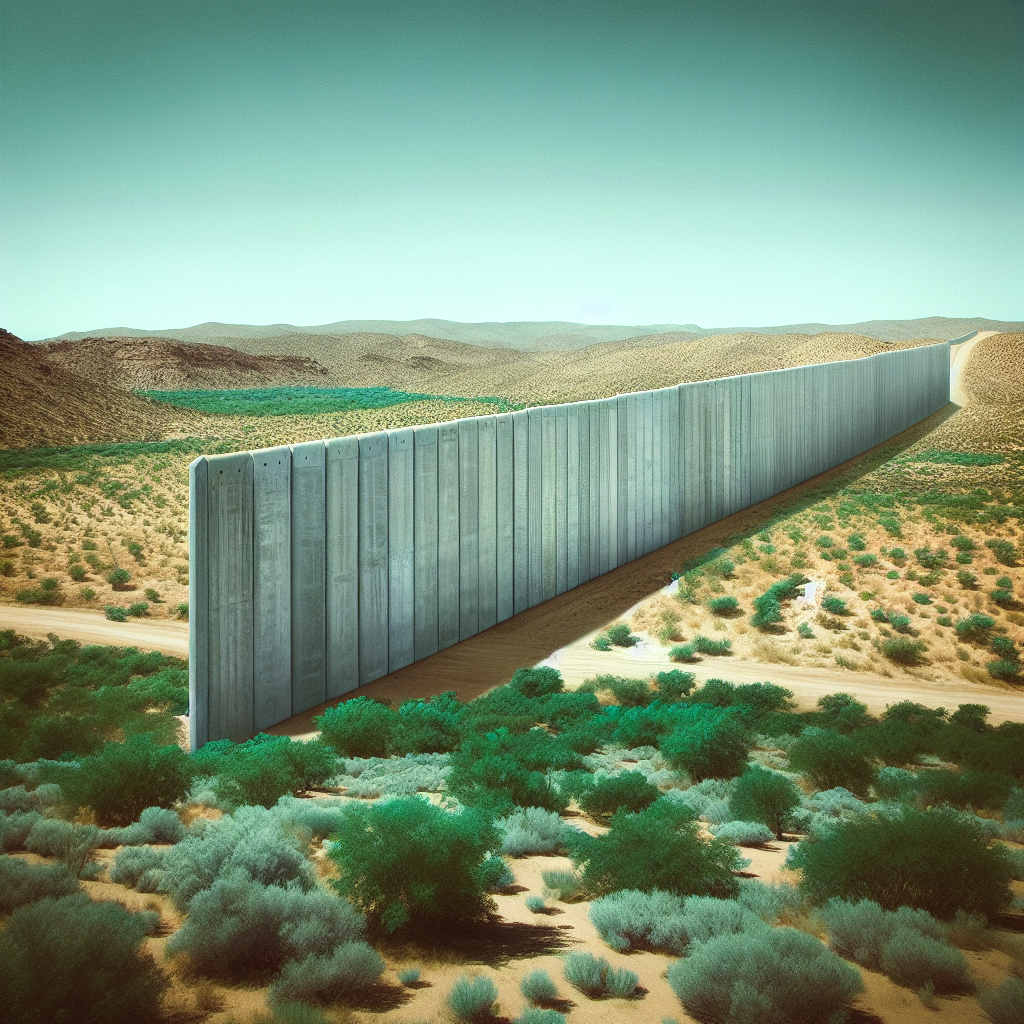Are you curious about how the Separation Barrier, also known as the West Bank Wall, impacts the situation in the region? Well, let’s delve into it. The historical narratives surrounding Israel’s significance to the Jewish people give us a context to comprehend the importance of this barrier. By understanding the biblical and cultural history, as well as the strong Jewish connection to the land, we can begin to grasp the pro-Israel perspective. However, we must also examine how this barrier affects the current situation in the region, considering its impact on the people living on both sides.
Historical Significance of Israel to the Jewish People

1.1 Biblical History of Israel
Israel holds immense historical significance for the Jewish people, particularly due to its biblical history. According to the Hebrew Bible, Israel is considered the promised land that was given to the Jewish people by God. It is believed to be the ancestral homeland of the Jewish nation, tracing back to the time of Abraham, the patriarch of Judaism. Many significant events in Jewish history, such as the Exodus from Egypt and the establishment of the Kingdom of Israel under King David and King Solomon, took place on this land.
1.2 Cultural History of Israel
In addition to its biblical history, Israel has a rich cultural heritage that has deeply influenced the Jewish people. The Jewish religion, customs, and traditions have evolved and thrived in this region for centuries, shaping the collective identity of the Jewish community. Jewish holidays, such as Passover and Hanukkah, are deeply rooted in Israel’s historical and cultural narrative. From ancient times to the present day, Israel has been a center of Jewish intellectual, artistic, and literary achievements.
1.3 Return to the Homeland
The establishment of the modern State of Israel in 1948 marked a significant milestone in Jewish history. It was the culmination of the Zionist movement, which aimed to create a homeland where Jews could exercise self-determination and preserve their cultural and religious identity. For many Jews who had faced persecution and discrimination in various parts of the world, the creation of Israel provided a place of refuge and the opportunity to return to their historical and ancestral homeland.
The Jewish Connection to the Land
2.1 Religious Significance
The land of Israel has deep religious significance for the Jewish people. It is often referred to as the “Land of Milk and Honey” in biblical texts, symbolizing its abundance and divine blessings. The cities of Jerusalem, Hebron, and Safed hold immense religious importance due to their association with significant religious figures and events. The Western Wall (also known as the Wailing Wall) in Jerusalem is one of the holiest sites in Judaism, representing the last remnant of the Second Temple.
2.2 Symbolic Importance
Israel serves as a powerful symbol of the Jewish people’s resilience, survival, and determination to maintain their cultural and religious heritage. The promise of Israel as a homeland has been a unifying force for Jews around the world, fostering a sense of belonging and connection to their historical roots. It represents the culmination of centuries of longing for a place where Jews could live freely and proudly express their Jewish identity.
2.3 Cultural Identity
The land of Israel has played a crucial role in shaping the cultural identity of the Jewish people. The Hebrew language, the national language of Israel, has biblical roots and is deeply intertwined with Jewish tradition and spirituality. Israeli literature, art, music, and cuisine reflect the cultural fusion of various Jewish communities from different parts of the world, all contributing to the vibrant tapestry of Jewish identity in Israel.
Overview of the Separation Barrier (West Bank Wall)
3.1 Construction and Purpose
The Separation Barrier, commonly referred to as the West Bank Wall, is a physical barrier that runs through the West Bank, primarily constructed by Israel. The barrier is a combination of concrete walls, fences, and checkpoints, designed to separate Israel from the occupied Palestinian territories. Its primary purpose, as stated by Israel, is to enhance security by preventing unauthorized individuals and potential attackers from infiltrating into Israeli territory.
3.2 Historical Background
The construction of the Separation Barrier began in 2002 during the Second Intifada, a period of heightened violence between Israelis and Palestinians. The Israeli government argued that the barrier was necessary to protect Israeli civilians from suicide bombings and other terrorist attacks originating from the West Bank. However, the construction of the barrier has been highly controversial, with critics claiming that it infringes upon Palestinian rights, exacerbates political tensions, and hinders the establishment of a viable Palestinian state.
Physical Impact of the Separation Barrier
4.1 Division of Communities
One of the most significant physical impacts of the Separation Barrier is the division of communities. The barrier separates Palestinian villages and towns from each other, as well as from their farmland, schools, and healthcare facilities. Previously interconnected communities now face significant challenges in maintaining social and economic ties, leading to social fragmentation and isolation.
4.2 Limitations on Movement
The Separation Barrier has severe implications for the freedom of movement for Palestinians residing in the West Bank. Palestinians must navigate a complex system of permits and checkpoints to access their workplaces, educational institutions, and healthcare services located on the other side of the barrier. This restricted movement often leads to delays, frustration, and difficulties in carrying out daily activities.
4.3 Agricultural and Economic Implications
The construction of the Separation Barrier has resulted in the confiscation of Palestinian land, particularly agricultural land that is crucial for the livelihoods of many Palestinian farmers. Furthermore, the barrier impedes access to markets and trade routes, severely impacting the economic prospects of Palestinian communities. The loss of land and restricted economic opportunities exacerbate poverty and unemployment among Palestinians living in the West Bank.
4.4 Access to Basic Services
The Separation Barrier has also caused significant challenges in accessing basic services for Palestinians living in the West Bank. Healthcare facilities, schools, and other essential services are often located on the Israeli side of the barrier, rendering them inaccessible or difficult to reach for many Palestinians. This lack of access to essential services further marginalizes Palestinian communities and hampers their overall quality of life.
Political Implications of the Separation Barrier
5.1 Israel’s Security Concerns
Israel argues that the Separation Barrier is essential for its security and the protection of its citizens. The barrier has undoubtedly resulted in a reduction in the number of attacks carried out by Palestinian militants from the West Bank. Proponents of the barrier argue that it acts as a deterrent and provides a measure of security for Israeli civilians living in close proximity to the West Bank.
5.2 Palestinian Opposition
On the other hand, many Palestinians view the Separation Barrier as a symbol of Israeli occupation and the restriction of their rights and freedom. They argue that the barrier is a tool used by Israel to seize Palestinian land, control their movement, and effectively annex parts of the West Bank. Palestinians perceive the barrier as an infringement upon their right to self-determination and the establishment of a viable and contiguous Palestinian state.
5.3 International Reactions
The international community has expressed varied opinions regarding the Separation Barrier. Some countries and international organizations argue that the barrier is a violation of international law, particularly the Fourth Geneva Convention, which prohibits the acquisition of territory through force. Others maintain that Israel has the right to protect its citizens and that the barrier should be seen as a temporary security measure rather than a permanent solution.
Social Consequences of the Separation Barrier
6.1 Impact on Daily Life
The Separation Barrier has profound social consequences for Palestinians living in the West Bank. The division caused by the barrier disrupts social networks, family ties, and cultural exchanges among Palestinians. It creates a sense of isolation and confinement, limiting opportunities for interaction and collaboration between communities.
6.2 Psychological Effects
Living in close proximity to a physical barrier that restricts movement and separates families can have severe psychological effects on individuals. Palestinians, particularly children, living in the shadow of the Separation Barrier often experience feelings of fear, uncertainty, and anxiety. The barrier acts as a constant reminder of the conflict and the contentious nature of the region.
6.3 Community Fragmentation
The Separation Barrier fragments Palestinian communities, making it difficult for them to engage in collective activities and maintain a sense of unity. The barrier separates neighborhoods, schools, places of worship, and other communal spaces, hindering the ability of Palestinians to come together as a cohesive social and political force.

6.4 Loss of Land and Property
The construction of the Separation Barrier has resulted in the confiscation of Palestinian land and the loss of homes and livelihoods. Many Palestinians have been forcibly displaced or have lost access to their ancestral lands due to the barrier’s route. This loss of land and property contributes to a deepening sense of injustice and further strains Israeli-Palestinian relations.
Legal Controversies Surrounding the Separation Barrier
7.1 Israeli Perspective
From Israel’s perspective, the construction of the Separation Barrier is a legitimate act of self-defense and an essential element of their security strategy. Israeli authorities argue that the barrier is a temporary measure aimed at preventing terrorist attacks and that its route is determined based on security considerations rather than the acquisition of additional territory.
7.2 Palestinian Perspective
Palestinians perceive the Separation Barrier as a violation of their rights under international law. They argue that the barrier’s route, which often deviates from the internationally recognized Green Line, is a deliberate attempt by Israel to appropriate Palestinian land and create facts on the ground that undermine the prospect of a future Palestinian state.
7.3 International Legal Opinions
The International Court of Justice (ICJ) issued an advisory opinion in 2004 declaring that the construction of the Separation Barrier violates international law. The ICJ concluded that Israel is obliged to dismantle the barrier, compensate affected Palestinians, and ensure that Palestinians can exercise their right to self-determination. However, the Israeli government disputed the ICJ’s jurisdiction in the matter and has largely ignored its recommendations.
Humanitarian Concerns Arising from the Separation Barrier
8.1 Violation of Human Rights
Critics argue that the Separation Barrier violates the basic human rights of Palestinians living in the West Bank. The barrier restricts freedom of movement, limits access to essential services, and results in the forcible displacement of Palestinians from their homes. These actions are seen as violations of internationally recognized human rights norms, such as the right to freedom of movement, the right to housing, and the right to self-determination.
8.2 Impact on Education and Health
The Separation Barrier has a detrimental impact on Palestinian education and healthcare systems. Students and teachers face difficulties in reaching schools located on the other side of the barrier, leading to disruptions in education. Similarly, patients requiring specialized medical treatment often face challenges in accessing hospitals and clinics on the Israeli side of the barrier, resulting in inadequate healthcare services.
8.3 Impediment to Peaceful Coexistence
The presence of the Separation Barrier exacerbates tensions between Israelis and Palestinians, hindering the prospects for peaceful coexistence. The barrier reinforces feelings of animosity, suspicion, and hostility between the two communities, making it increasingly challenging to build trust and establish meaningful dialogue for a peaceful resolution to the Israeli-Palestinian conflict.
Economic Impacts of the Separation Barrier
9.1 Trade and Business Disruptions
The Separation Barrier disrupts trade and business activities in the West Bank, affecting the economic viability of Palestinian communities. Palestinian businesses face challenges in accessing Israeli and international markets due to the restrictions on movement imposed by the barrier. Additionally, the presence of the barrier hampers the development of vital infrastructure connections necessary for economic growth.
9.2 Employment and Job Opportunities
The construction of the Separation Barrier has resulted in a significant reduction in employment opportunities for Palestinians in the West Bank. Many Palestinian workers previously employed in Israel are now unable to access their workplaces due to the barriers’ restrictions. The loss of income and job opportunities deepens economic disparities and further impoverishes Palestinian communities.
9.3 Economic Development Constraints
The Separation Barrier poses significant constraints to Palestinian economic development and investment in the West Bank. The barrier’s presence discourages foreign investors from engaging in business ventures in Palestinian territories, limiting opportunities for economic growth. Additionally, the confiscation of Palestinian land undermines agricultural productivity and hinders the development of vital sectors such as tourism.
Prospects for Resolution and Future Outlook
10.1 Role of International Mediation
International mediation has played a significant role in attempting to resolve the Israeli-Palestinian conflict and address the issues surrounding the Separation Barrier. International entities, such as the United Nations, the European Union, and individual countries, have facilitated negotiations and peace initiatives aimed at finding a viable and lasting solution that addresses the concerns of both Israelis and Palestinians.
10.2 Negotiations and Peace Initiatives
Efforts to find a resolution to the conflict have involved numerous negotiations and peace initiatives between Israeli and Palestinian leaders. The objective has been to establish a two-state solution, where Israel and Palestine coexist side by side in peaceful and secure borders. However, progress has often been hindered by contentious issues such as the borders, the status of Jerusalem, the right of return for Palestinian refugees, and the fate of Israeli settlements in the West Bank.
10.3 Impact on Israeli-Palestinian Relations
The presence of the Separation Barrier significantly affects Israeli-Palestinian relations, making the prospect of reconciliation and peaceful coexistence more challenging. The barrier reinforces a sense of mistrust and animosity, further dividing the two communities. Successful resolution of the issue requires political will, compromise, and a recognition of the rights and aspirations of both Israelis and Palestinians.
In conclusion, the Separation Barrier has profound implications for the Israeli-Palestinian conflict and the lives of those residing in the region. While Israel asserts that the barrier is necessary for security reasons, Palestinians view it as a symbol of their dispossession and the curtailment of their rights. The barrier’s physical and political impacts, combined with its humanitarian and economic consequences, have far-reaching implications for the future of Israeli-Palestinian relations. Finding a resolution to the conflict and mitigating the effects of the Separation Barrier will require concerted efforts from both parties and the international community, based on a genuine commitment to peace, justice, and the self-determination of all those involved.




